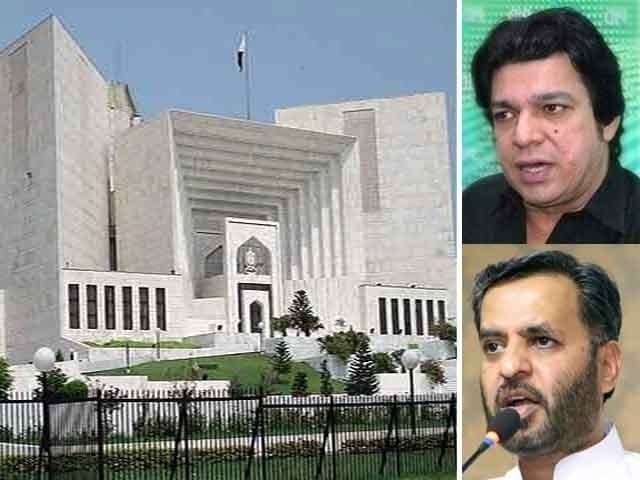
The Supreme Court of Pakistan has called on media organisations to establish internal mechanisms for self-accountability, stating that such measures would enhance their credibility and effectiveness in exposing wrongdoing.
“If within the respective press/media organisations a mechanism for self-accountability is developed, it will improve their standing, credibility and resultantly become more effective in drawing attention to wrongdoing, and thus help in stemming it,” Chief Justice Qazi Faez Isa wrote in a five-page order issued on Monday.
The statement was part of a ruling accepting the unconditional apology of several TV channels involved in a contempt case.
The case stemmed from the airing of a press conference by Senator Faisal Vawda and MQM-P MNA Mustafa Kamal, during which the politicians made remarks against superior court judges.
A four-judge bench led by Chief Justice Isa emphasised that while Article 19 of the Constitution guarantees freedom of the press, this right is not without limitations. The court noted that the freedom of the press is subject to restrictions, including the preservation of decency and morality.
“Another fundamental right is provided in Article 14 of the Constitution which requires that the dignity of man is to be ensured. The media is categorised as the fourth pillar of the state and an independent media broadcasting facts and the truth is essential for democratic rule as it highlights wrongdoing. However, its credibility and effectiveness is undermined when falsehoods are broadcast,” the order stated.
In light of the TV channels' unconditional apology and their commitment to air corrective broadcasts, the court withdrew the show cause notices issued on May 17.
The apology, along with the contents of six corrective paragraphs, is to be broadcast during prime time.


1725967717-0/Untitled-design-(3)1725967717-0-165x106.webp)

1725275251-0/Untitled-design-(3)1725275251-0-165x106.webp)

1730560255-0/Express-Tribune-Web-(17)1730560255-0-270x192.webp)

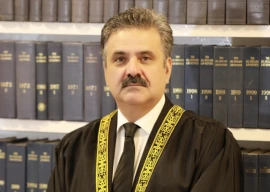
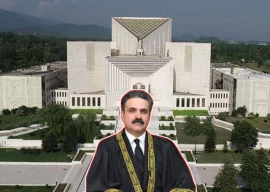

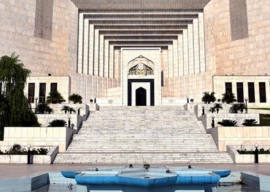
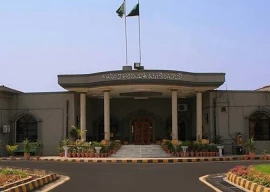
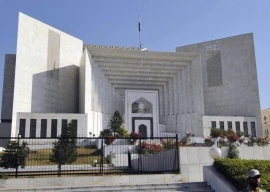







COMMENTS
Comments are moderated and generally will be posted if they are on-topic and not abusive.
For more information, please see our Comments FAQ